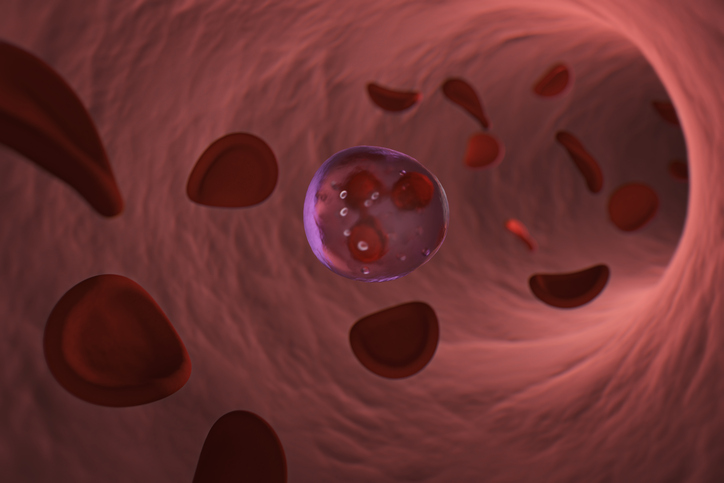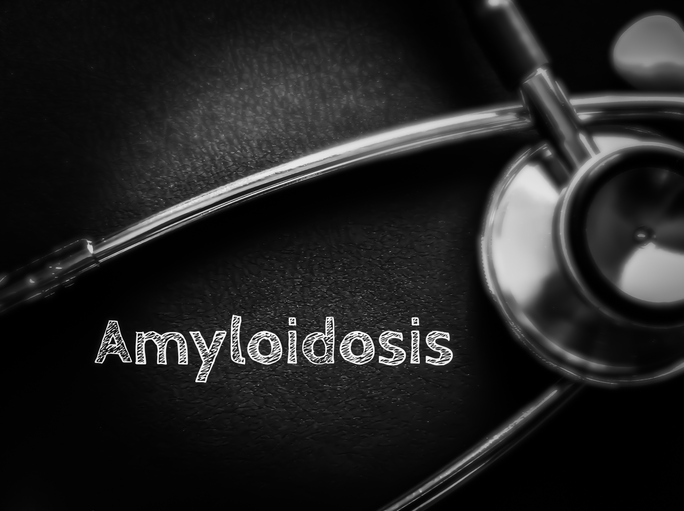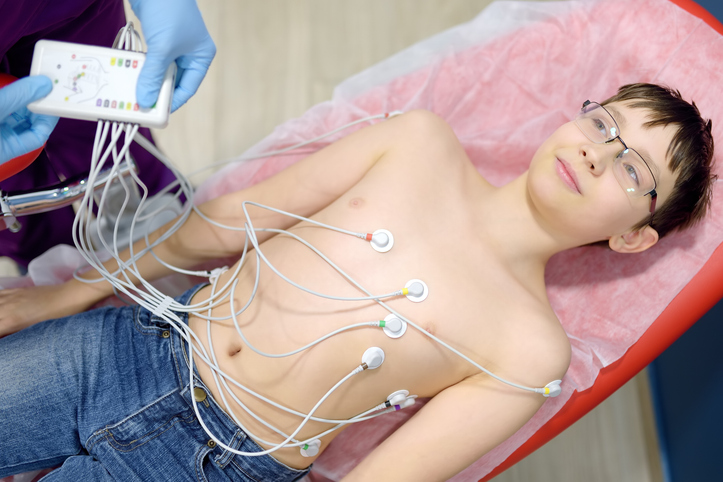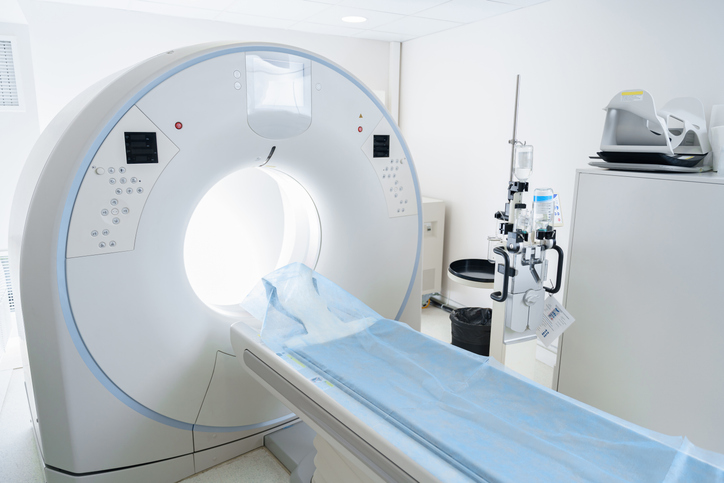
This week’s edition features a preliminary story with related research being presented at this week’s America Heart Association 2019 Scientific Sessions in Philadelphia, as well as two cardio-oncology stories.
Marijuana Linked with Arrhythmia, Strokes in the Young
A new study, with findings being presented at the American Heart Association 2019 Scientific Sessions, suggests that the use of cannabis maybe be linked with disturbances in heart rhythms in young people. Young people who used cannabis and also smoked cigarettes or used e-cigarettes were three times more likely to suffer a stroke compared to non-users. The observational study, which include more than 43,000 participants, wasn’t comprehensive and only identified a potential link rather than a causal link. “As medical and recreational cannabis is legalized in many states, it is important to know the difference between therapeutic cannabis dosing for medical purposes and the consequences of cannabis abuse,” a study author said in a press release. “We urgently need additional research to understand these issues.”
https://www.docwirenews.com/docwire-pick/cardiology-picks/marijuana-use-potentially-linked-to-increased-risk-of-stroke-and-heart-arrhythmia/
CRT Aids Cancer Survivors with Heart Failure
A new study in JAMA highlights findings showing that cardiac resynchronization therapy (CRT) can help survivors of cancer who are living with heart failure (HF). The uncontrolled, prospective, cohort Multicenter Automatic Defibrillator Implantation Trial–Chemotherapy-Induced Cardiomyopathy study included 30 patients who were implanted with CRT devices due to left ventricular ejection fraction, NYHA Class II-IV heart failure symptoms, and wide QRS complex, who all had established chemotherapy-induced cardiomyopathy. Patients with CRT experienced a statistically significant improvement in mean left ventricular ejection fraction at six months, up from 28% to 39% (P<0.001). Patients with CRT also had a reduction in left ventricular end-systolic volume, as well as a reduction in LV end-diastolic volume (P<0.001 for both). The study is limited by its small patient cohort, short duration of follow-up, and lack of control group.
https://www.docwirenews.com/docwire-pick/hem-onc-picks/cardiac-synchronization-therapy-helps-cancer-survivors-with-heart-failure/
Ruxolitinib Linked with Worse Cardiometabolic Health
A new study suggests that ruxolitinib, an oral JAK1/2 inhibitor approved by the FDA for use in the treatment of myeloproliferative neoplasms (MPNs), was also linked with worsening cardiometabolic health. The report, published in Scientific Reports, was a retrospective study of almost 70 adults who initiated ruxolitinib therapy between 2010 and 2017. The study results showed increases in patient body weight, with half of the patients gaining more than 5% of their baseline body weight. Body mass index also increased. Adults treated with the drug had higher blood pressure, and higher serum aspartate aminotransferase, and alanine aminotransferase at 72 weeks. “As pharmacological JAK1/2 inhibitors are being developed and used in clinical practice, it is important to understand their long-term metabolic consequences,” the researchers concluded.
https://www.docwirenews.com/docwire-pick/hem-onc-picks/ruxolitinib-for-myeloproliferative-neoplasms-worsens-cardiometabolic-health/







 © 2025 Mashup Media, LLC, a Formedics Property. All Rights Reserved.
© 2025 Mashup Media, LLC, a Formedics Property. All Rights Reserved.